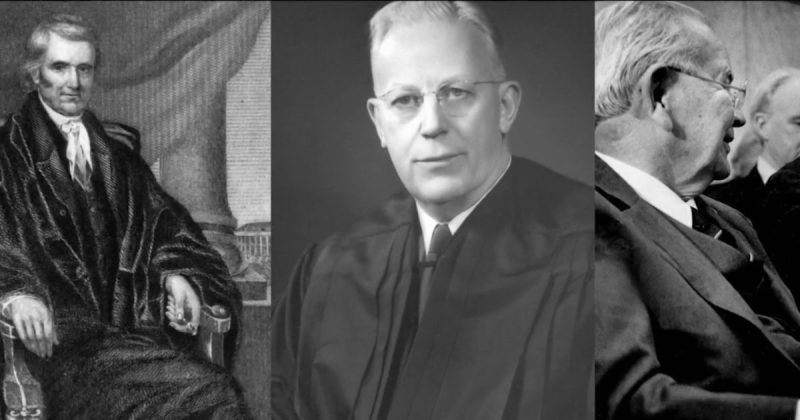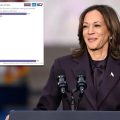
The recent actions of the Trump administration, specifically their attempts to block a court order regarding a mistakenly deported individual, have reignited a crucial debate: the limits of presidential power when faced with judicial rulings. This raises questions about the balance of power between the executive and judicial branches, a tension woven into the fabric of American history.
Instances of presidents defying court orders are not new; they represent a recurring theme throughout US history. While the specifics vary, these actions often stem from disagreements over the interpretation of laws, the scope of executive authority, or deeply held political beliefs. Understanding this history provides crucial context for evaluating contemporary instances of executive overreach.
Examining past examples reveals a complex interplay of factors influencing presidential decisions. Sometimes, presidents might genuinely believe a court ruling is incorrect or an overstep of judicial authority. In other cases, political expediency or a desire to avoid perceived weakness might motivate defiance. The public’s reaction to these actions has also been varied, ranging from staunch support to widespread condemnation, often shaped by the political climate and the president’s popularity.
It’s important to note that the consequences of defying court orders can be significant. Presidents risk accusations of undermining the rule of law, potentially leading to impeachment proceedings or long-term damage to their legitimacy. However, historical precedent also shows that some presidents have successfully weathered such controversies, sometimes even bolstering their support base in the process.
Ultimately, the debate over presidential defiance of court orders touches upon fundamental principles of American democracy. It highlights the ongoing tension between the need for a strong executive branch capable of effective governance and the crucial role of an independent judiciary in safeguarding individual rights and upholding the rule of law. The ongoing dialogue surrounding these events underscores the importance of a well-informed citizenry actively participating in the discourse about the boundaries of power and the preservation of democratic values.










